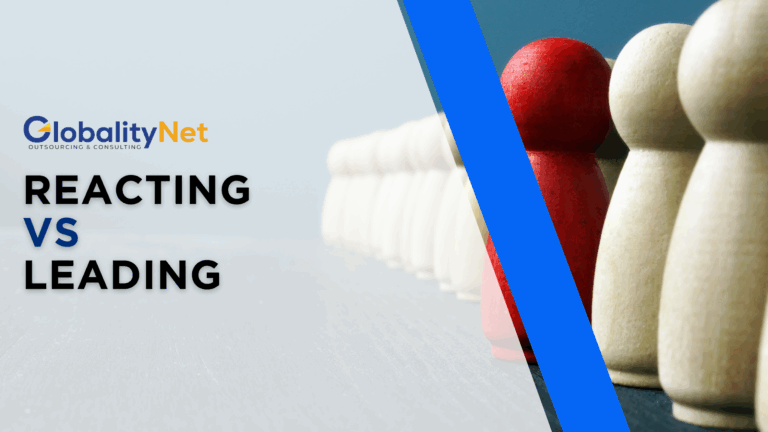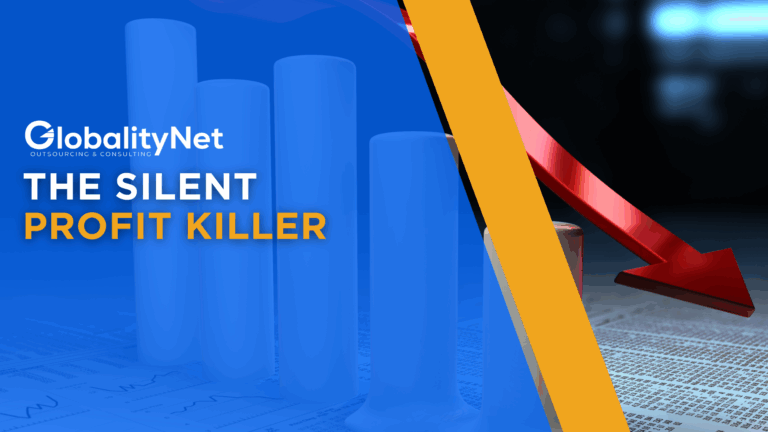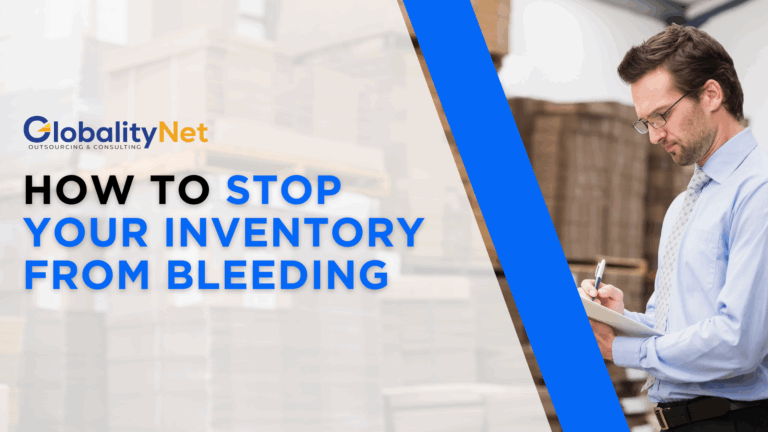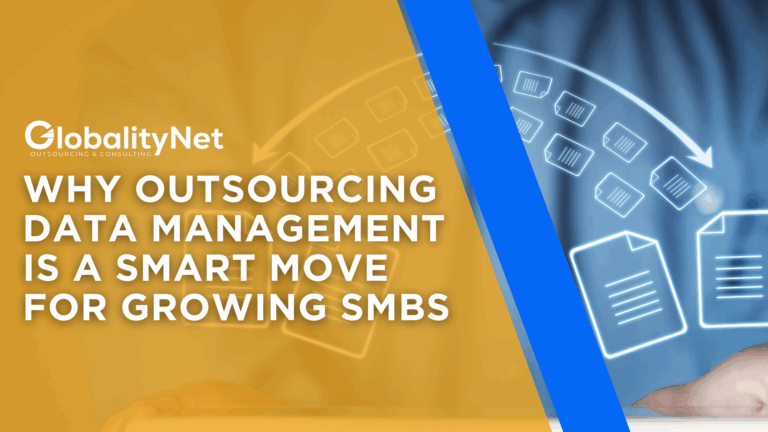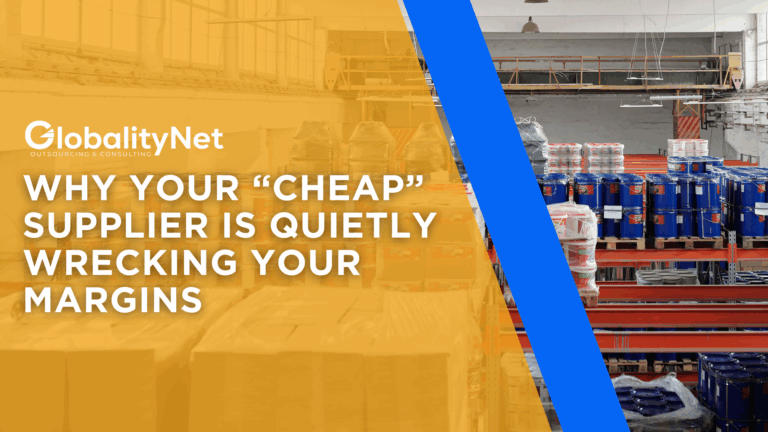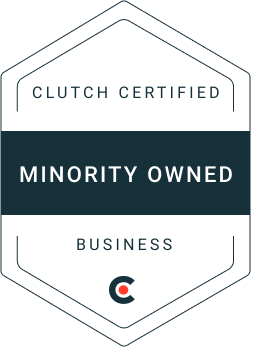Blockchain technology is quickly changing the way business is being done nowadays. Some are hailing it to be the most important invention since the dawn of the Internet, and for good reason.
What exactly is blockchain?
Blockchain, in a nutshell, is essentially a tamperproof, publicly-available digital ledger. Without getting into the technical specifics, it’s basically a decentralized database of records that anyone can inspect, but not alter. Updating these records requires a consensus of a majority of the participants involved.
Blockchain technology is commonly associated with Bitcoin, as well as other cryptocurrencies, but it can also have applications in other fields and industries. Already, this secure record-keeping technology is being employed in supply chain management firms.
What are the benefits of blockchain for supply chains?

Blockchain’s accessibility, integrity, and transparency are its most prominent features. Transactions involving transportation, warehousing, and payment can benefit greatly from the application of the technology. Blockchain can make supply chains much more streamlined and transparent.
Ease of access
As a digital ledger, blockchain can possibly accommodate any number of participants from anywhere. All transactions and their details can be easily accessed by any user.
Integrity of records
 All participants in the chain have a consensus on the validity of the transactions. Nobody can tamper or falsify these records. Only a new transaction can reverse the effect of an old transaction.
All participants in the chain have a consensus on the validity of the transactions. Nobody can tamper or falsify these records. Only a new transaction can reverse the effect of an old transaction.

